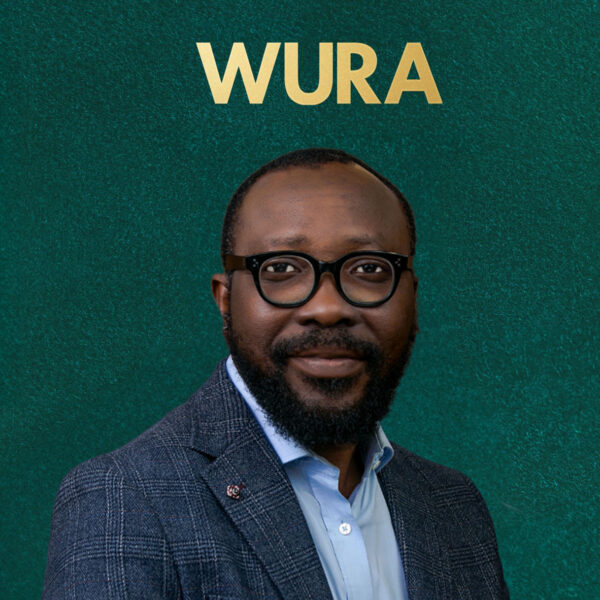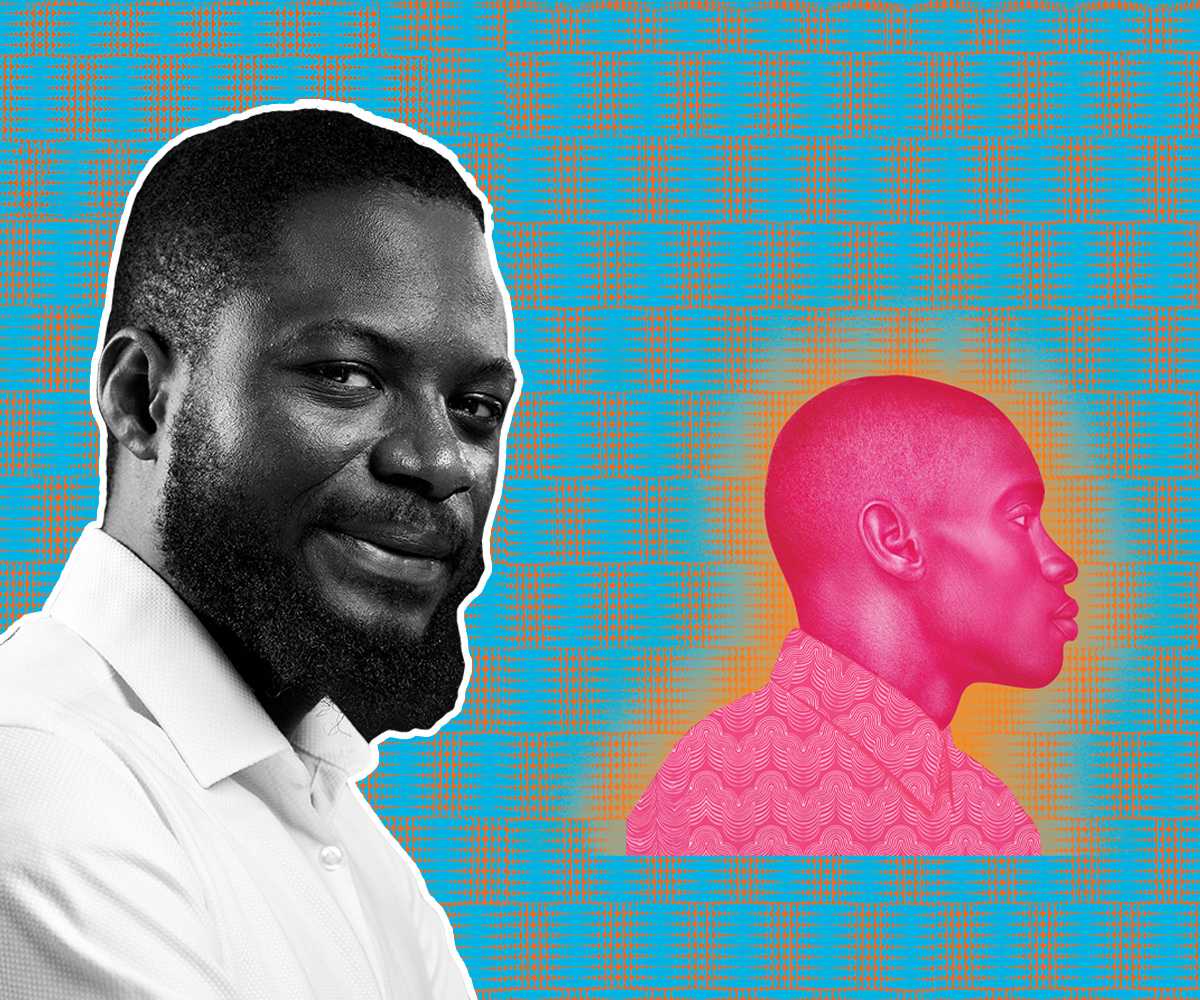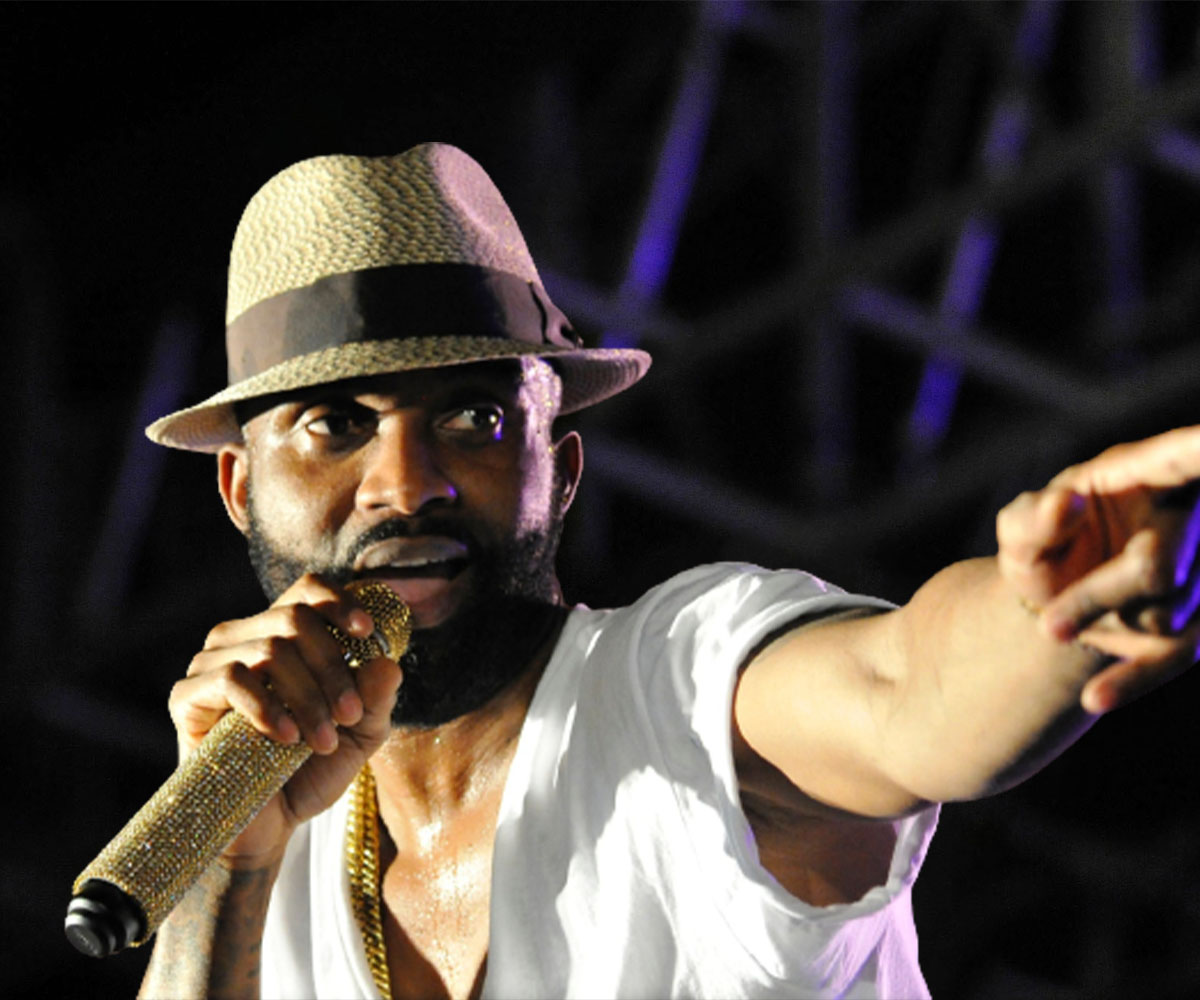
“Am I being Western?” he asks. “No. We’re talking about love, and it is between two people. And as far as I’m concerned, whether it’s a man and a man, a woman and a woman, a man, and a woman, I don’t think there’s anything wrong as long as it’s genuine love.”
In Wura, Rogers Ofime brings queer characters out of the shadows, challenging Nigeria’s long-held social norms.
Dubbed as Showmax’s first Nigerian telenovela, with plans on making it their longest-running one, with over 200 episodes, Wura follows Wura Amoo-Adekola (Scarlet Gomez), a mother and ruthless businesswoman who is ready to do whatever it takes for her gold mining business to succeed.
In Wura, Femi (Seyi Akinsola) and Lolu (Iremide Adeoye), two queer characters, are allowed to exist as they are without the implication that they are abominations, a common theme in mainstream Nollywood. While there are a few productions where queer characters are beginning to be respected, humanizing them has always been a problem, something Wura takes seriously.
While creating the show, Ofime wanted to stay true to its South African adaptation, The River, where these characters also exist. “So, when we were going to adopt it, we asked questions like ‘Would it be accepted in Nigeria?’ ‘Should we change it to a boy and a girl?’ ‘A love triangle?’ But then, we had to remind ourselves that there wasn’t anything wrong with two people of the same sex being in love and that the fact that it isn’t accepted in Nigeria doesn’t mean it doesn’t exist,” Ofime tells STATEMENT.
This interview has been edited for length and clarity.
STATEMENT: You’ve worked on many projects and have been in the industry for years. What has it been like for you so far?
Ofime: Well, I think it’s been fun. It’s always interesting when you do what you love to do and what you’re passionate about. And that’s the one thing that has kept me going. I’m doing what I love and have carved a niche for myself in the industry regarding the stories I tell.
I like to tell provocative stories. Stories that can change the status quo. So I think it’s been an interesting journey so far.
The story of Femi and Lolu was provocative. What was it like to tell it? Were there any challenges faced?
Honestly, there was no challenge. There was nothing. We don’t face challenges telling the stories of a boy and girl in love, so why now? Why are we giving it attention? Why are we making it feel like there’s something wrong that we’re doing? There’s nothing wrong with the story. There’s nothing wrong with the creative approach because it is what happens in our day-to-day existence. We all must come to the acceptance of it because it is what it is.
This is the first Nollywood show on a major service that isn’t offensive when showing queer love. And we know there’s still a long way to go, so what do you think about that?
On the contrary, Nollywood has come to embrace it. Do we have many confident producers telling these [queer] stories? Maybe not, and perhaps not many of us, but it’s been accepted. Like, a friend recently won a Berlinale award for his gay drama, and that’s not the first. As I said, it’s not Westernization but the fact that we must embrace this part of our existence.
Do we have queer people in Nigeria? Yes. Do some of us accept them? Yes. I’m not here to tell people; please accept queer people because they’re in love. They’re in love, and you have to take it or leave it.
Why was it essential to bring The River to Nigeria?
Firstly, The River was very successful. And secondly, we knew it would work in terms of our social milieu. The only area, as you pointed out, was the queerness. The River is in its 6th season in South Africa; it’s done about three seasons in Kenya and two seasons in Portugal, if I’m correct. And so when they approached me to do this for Nigeria, I checked and saw the good ratings, and thought, “why not?”
Were you involved in the casting process?
Yes, I was. So our casting process was very long and tedious, but yes, I was involved, and of course, Mnet was involved too. So we called for an open audition, and then we streamlined to the number of people we wanted from the open audition. And in fact, you’d be amazed at how many actors wanted to play the part of Lolu and Femi.
I was shocked, but seeing people auditioning to play these characters was also encouraging, as we had about 15 actors for the role of Lolu and about 20 for Femi before we pruned down to three and then from three to the final two. And the actors we eventually got for the role knew what it entailed. They got close, would call themselves babies, and held hands, which made the on-screen chemistry believable.
What stood out between both actors?
We didn’t want stereotypes. Do you know what I mean? We tried to avoid stereotypes about queer men and how they must look or sound. So we looked out for good screen chemistry and screen presence in delivery. Also, they were more convincing than the others, so they landed the role.
So what should viewers expect in the next season?
It is going to get better. I mean, we saw people complain about Femi and Lolu. Meanwhile, we didn’t show them doing anything. But wait for it; our viewers won’t be disappointed. We had two queer characters in The River and got to see more. So, expect the same.
Wura is currently streaming on Showmax.

